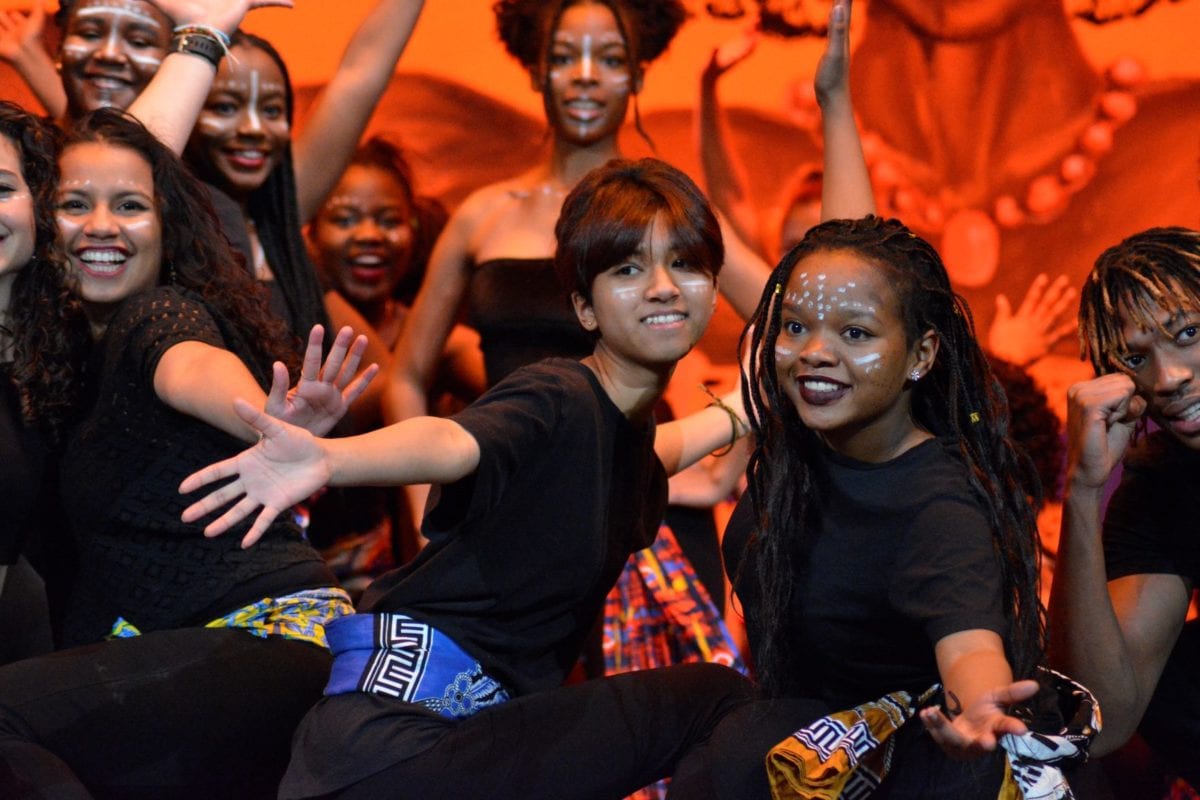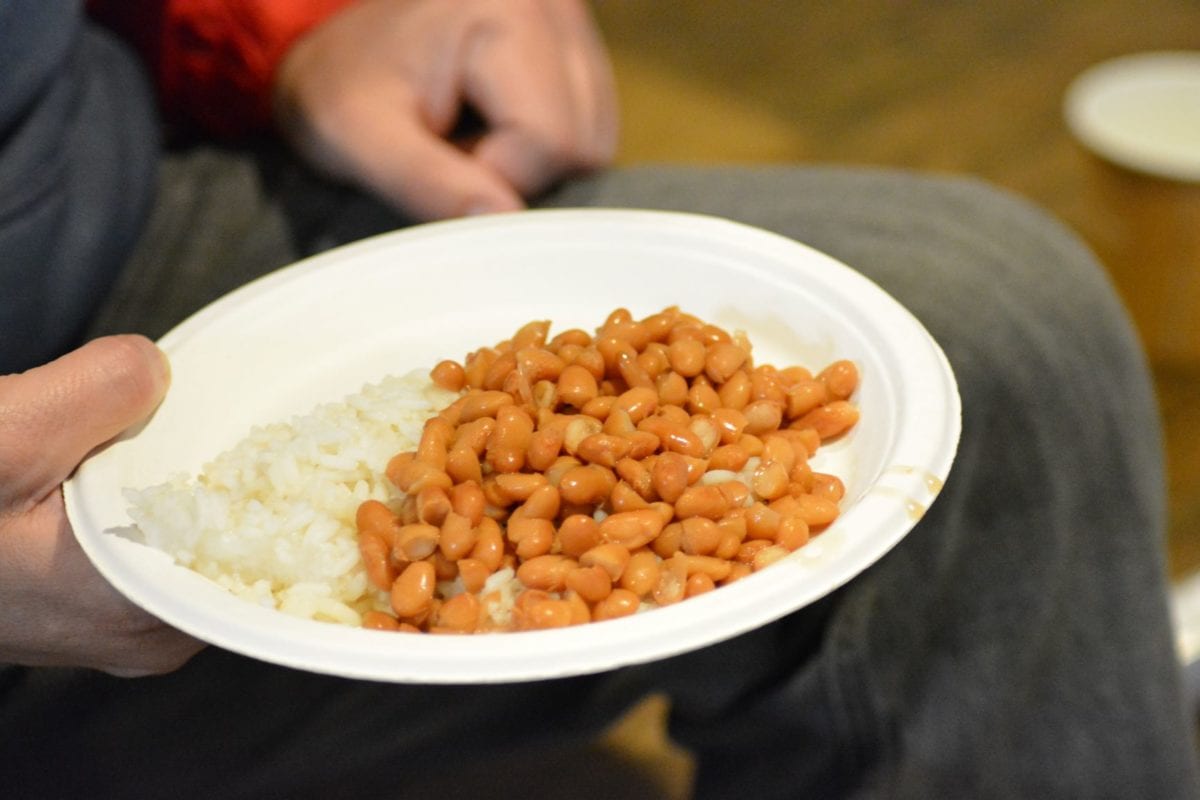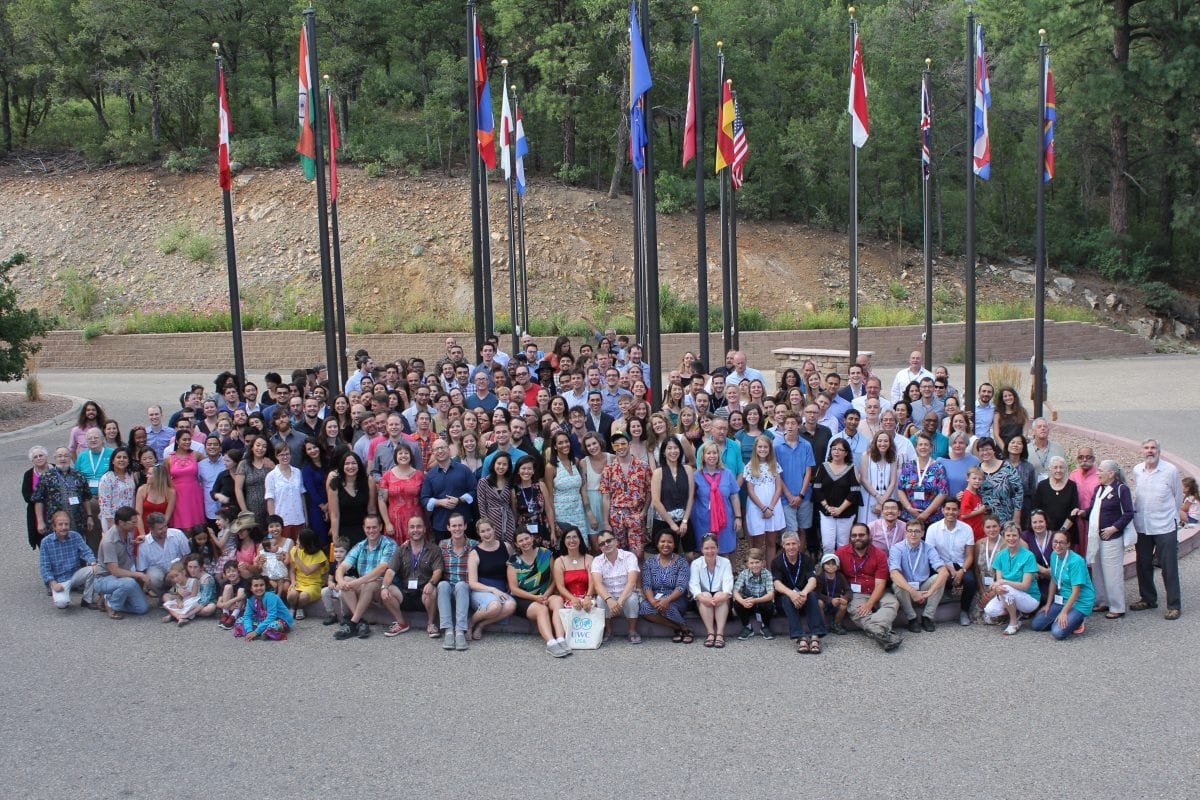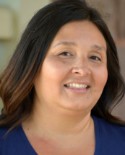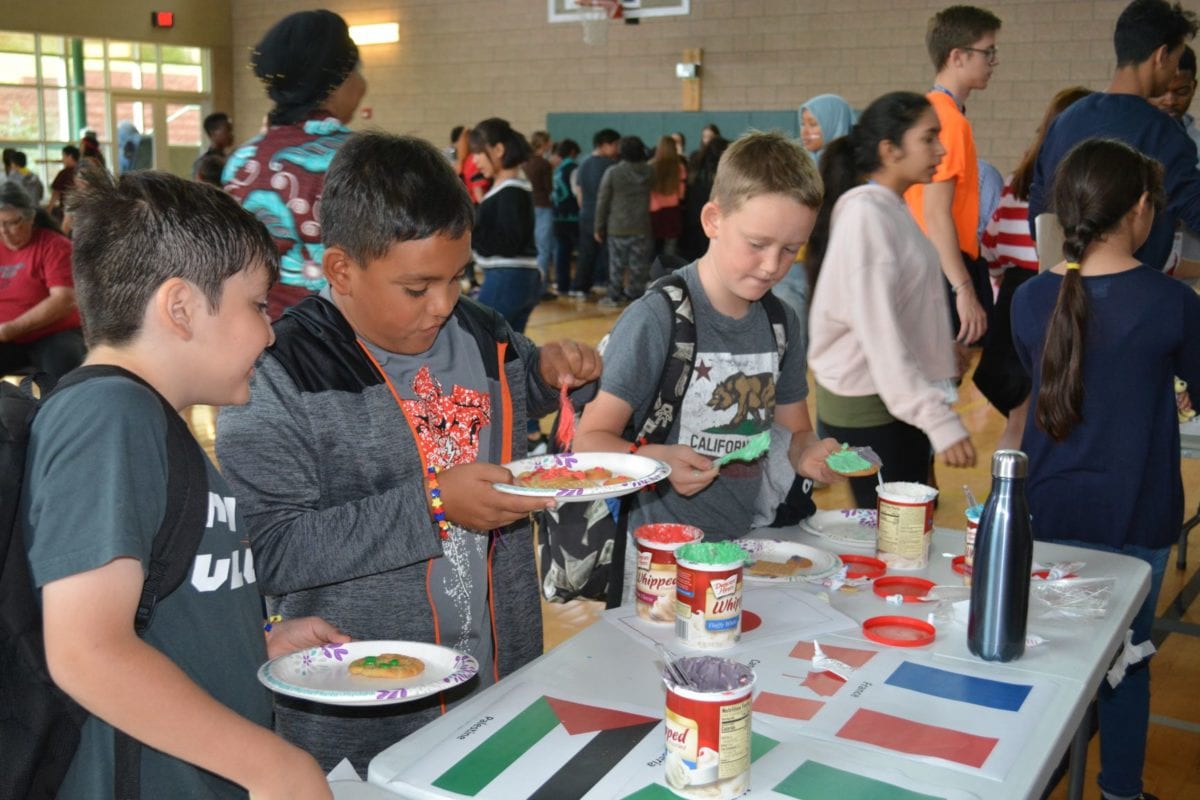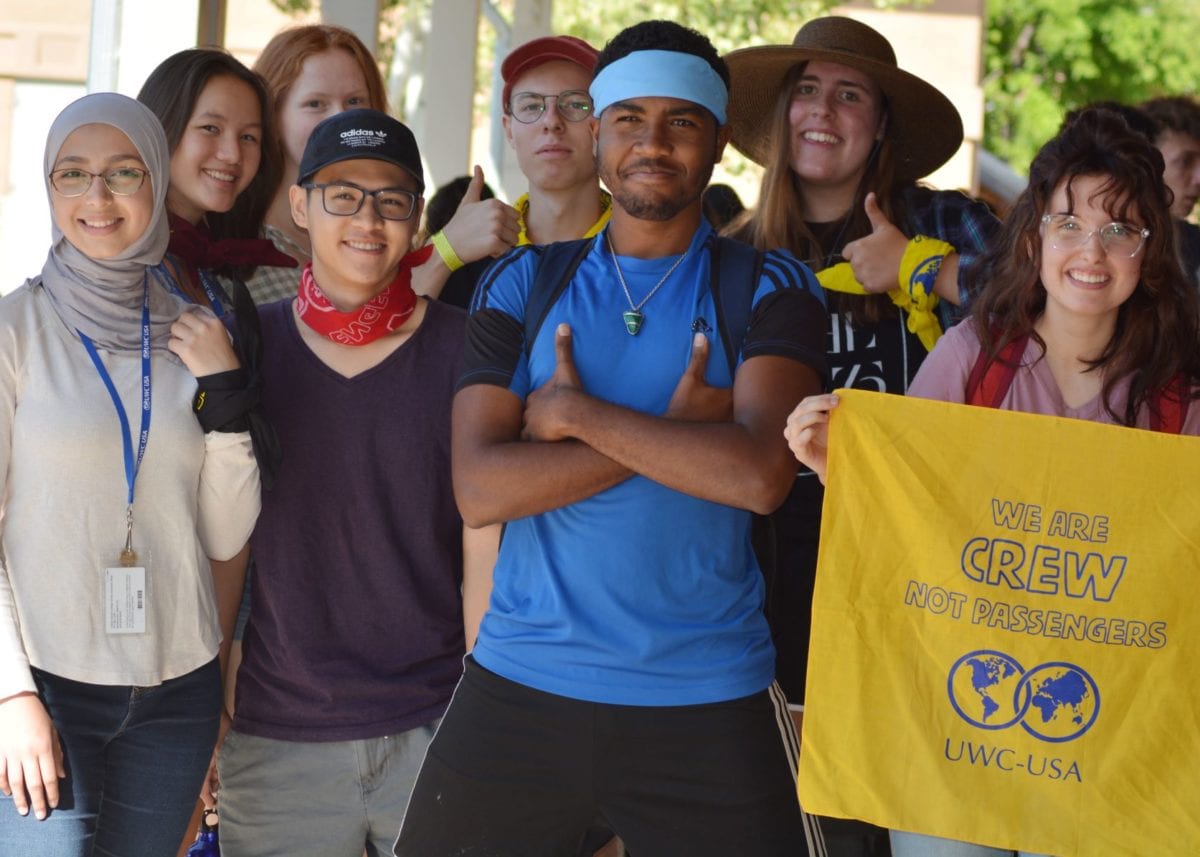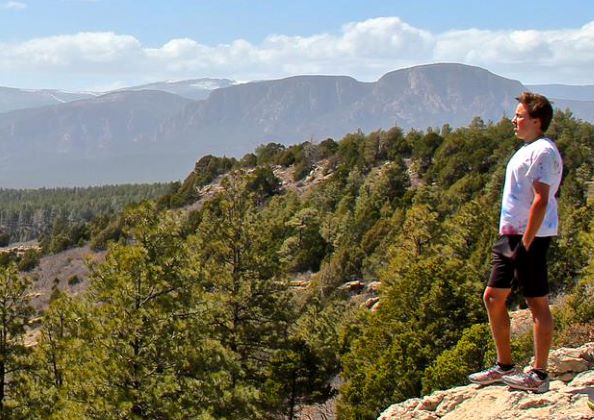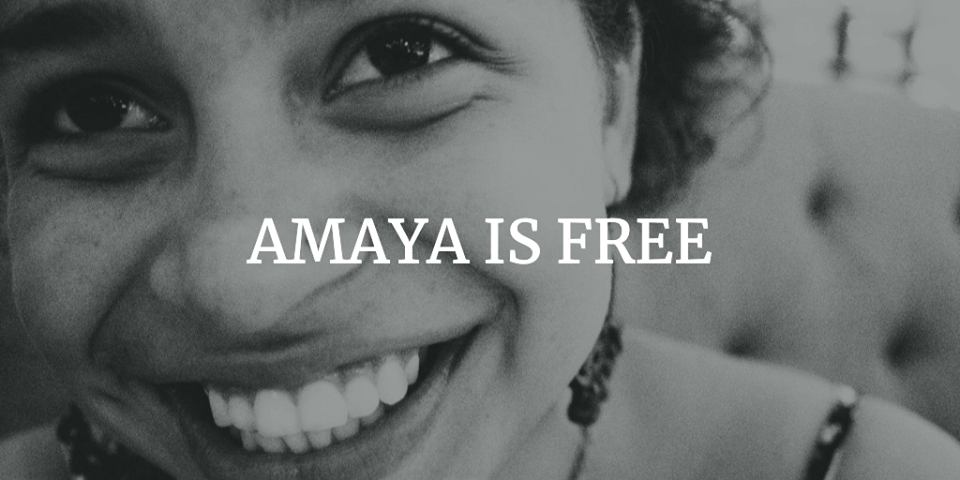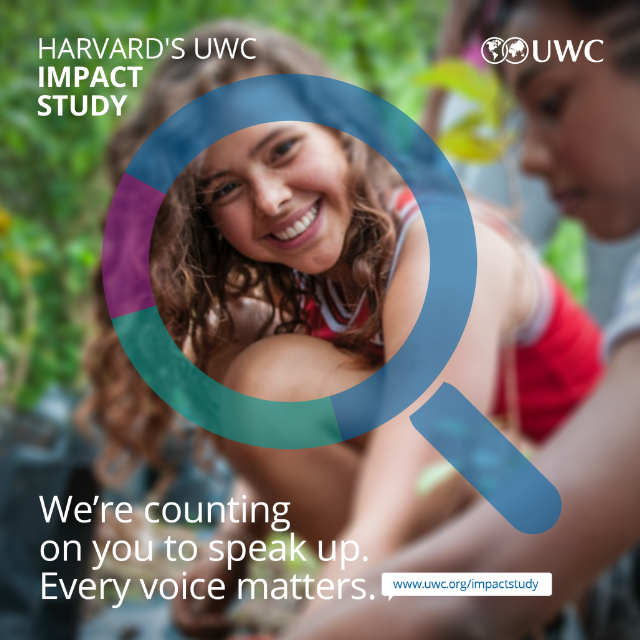The United World College-USA’s Cultural Showcase series will launch Saturday, Nov. 23, with a two-hour stage production dedicated to exploring the theme of color as it manifests across time, place, culture and consciousness.
“Our new thematic approach to the traditional cultural shows will allow us to explore the nuances of culture as a concept and to explore intersections and divergences of a single idea throughout our individual and shared cultural spaces,” said Melinda Russial, director of arts and culture and the international baccalaureate music program at UWC-USA.
The performance production and exhibition will be entirely student created and directed, and reflect works from across disciplines of music, dance, theater, film, poetry. and visual art, Russial said.
The format replaces the cultural show tradition of featuring three regions of the world during one academic year and three more the following year. This gave every student the chance to participate in at least one show.
With the new format, students also will have the opportunity to learn about and celebrate cultural practices from their individual regions through the new Community Cultural Event series, Russial said.
“We have recently celebrated Diwali with rangoli, cricket games, Bollywood dance lessons and Guy Fawkes Night. Other highlights will include a Lunar New Year Celebration, Nawruz Celebration, Eurovision Contest, Quinceañera, Coronation of Kings and Queens of Africa, and Black History Living Museum.
A second Cultural Show case will be held in the spring featuring the theme of memory.

